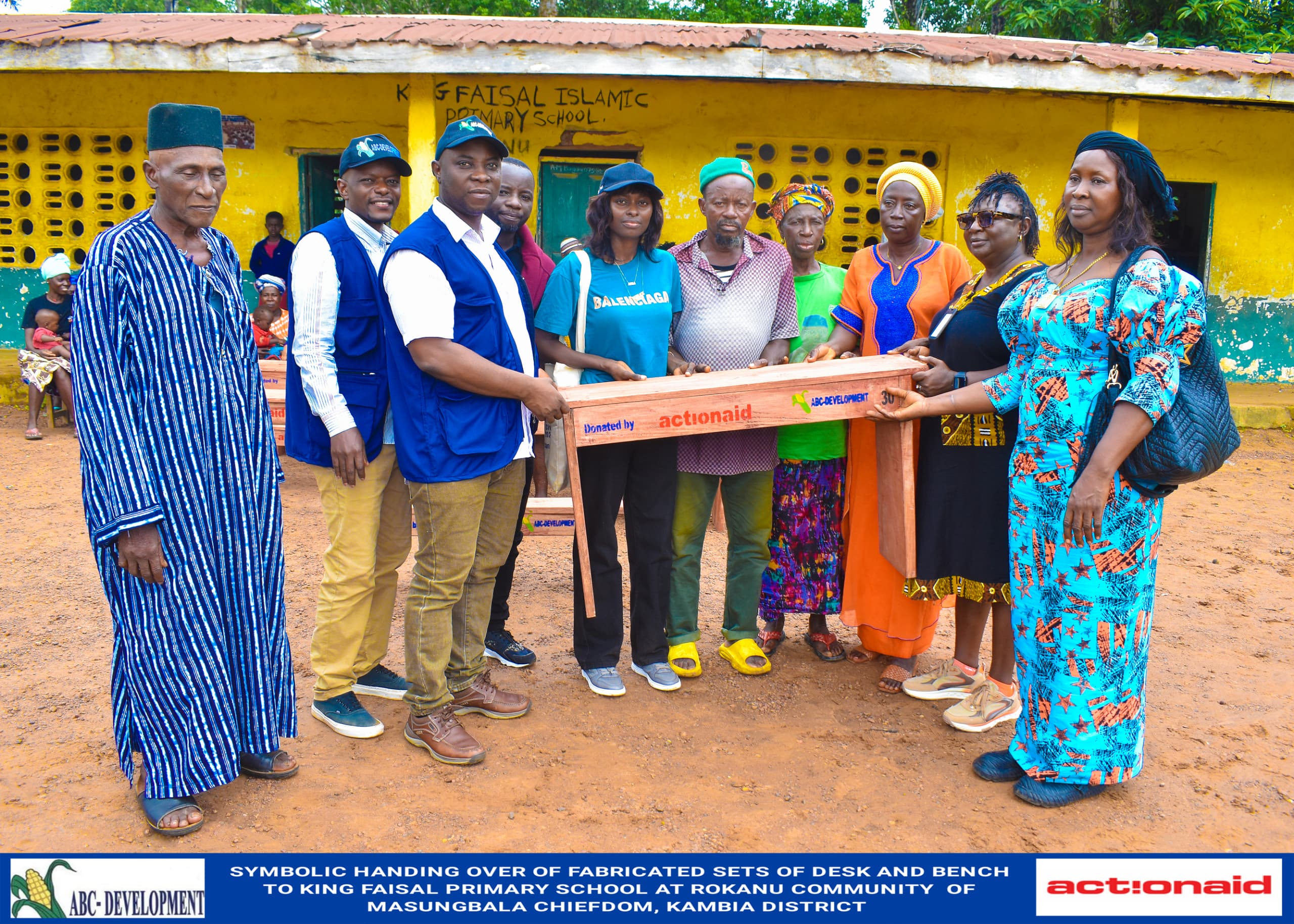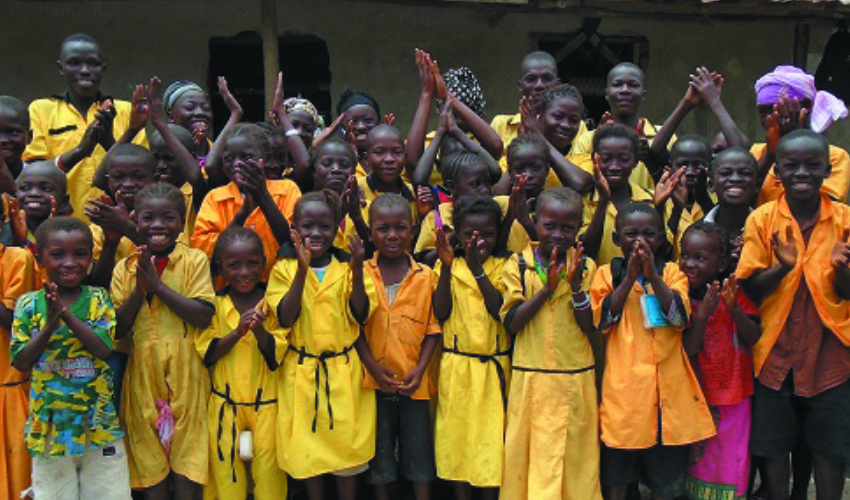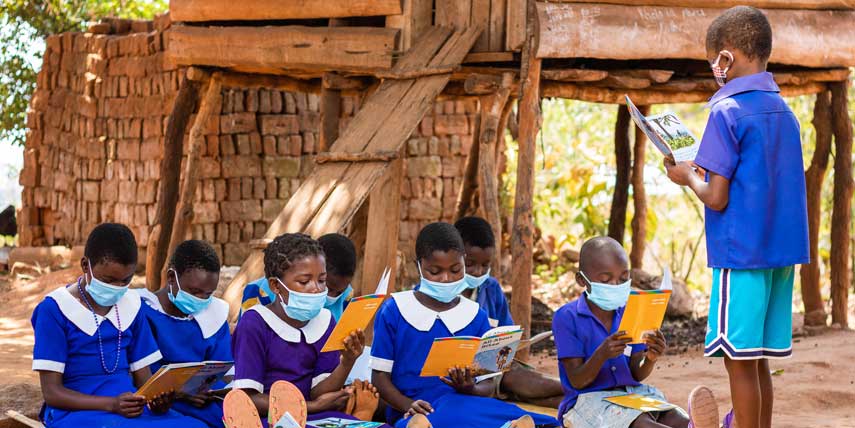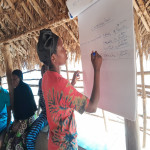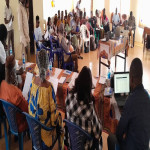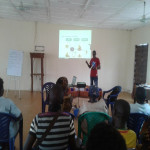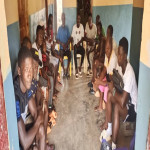In 2018, Sierra Leone embarked on a bold journey to reform its education system by improving access and quality across all levels of schooling. While progress has been made, national assessments in 2014 and 2021 reveal a troubling reality: most pupils still struggle to achieve foundational literacy and numeracy. Recognizing this, the government is doubling down on the basics—ensuring that every child learns to read fluently, master essential mathematics, and develop resilient socio-emotional skills.
The Rural Education Challenge
In remote communities, access to quality education remains a distant dream. Many rural schools lack essential infrastructure such as permanent classrooms, seating, teaching materials, and functioning sanitation facilities. Pupils are often taught outdoors, exposed to harsh weather conditions, while understaffed and under-resourced schools struggle to provide meaningful learning.
This inequality is especially severe for girls. Deep-rooted cultural norms and economic pressures continue to hinder girls’ access to education. Many are pushed into early marriages, and limited sexuality education leads to high rates of teenage pregnancy and school dropouts. Sierra Leone now faces one of the highest female illiteracy rates globally, reflecting the urgent need for inclusive educational reforms.
Building Human Capital for Lasting Impact
Education is the cornerstone of economic growth and social development. By expanding quality education to rural communities, Sierra Leone can unlock its human capital, reduce poverty, and improve life expectancy. However, meaningful progress requires a multi-faceted approach—one that integrates infrastructure, gender equity, community engagement, and curricular reform.
A Collaborative Effort for Change
In response to these challenges, ABC-Development, with support from ActionAid International, launched an initiative to strengthen learning environments in Masungbala Chiefdom, Kambia District. As part of the project, locally fabricated desk-and-bench sets were distributed to one primary and one junior secondary school, providing hundreds of children with a dignified space to learn and grow.
Voices from the Community
“Our children used to sit on the bare ground. Today, they walk into classrooms with desks and hope.” — Head Teacher, Masungbala Primary School
“The new benches have made teaching easier. Pupils are more attentive, and we feel proud.” — JSS Teacher, Masungbala Chiefdom
The Road Ahead
This initiative is a vital step toward achieving equitable education for all. But more must be done. To truly transform rural education, sustained investment, inclusive policymaking, and empowered local communities must come together—because every child deserves a chance to learn, no matter where they live.
